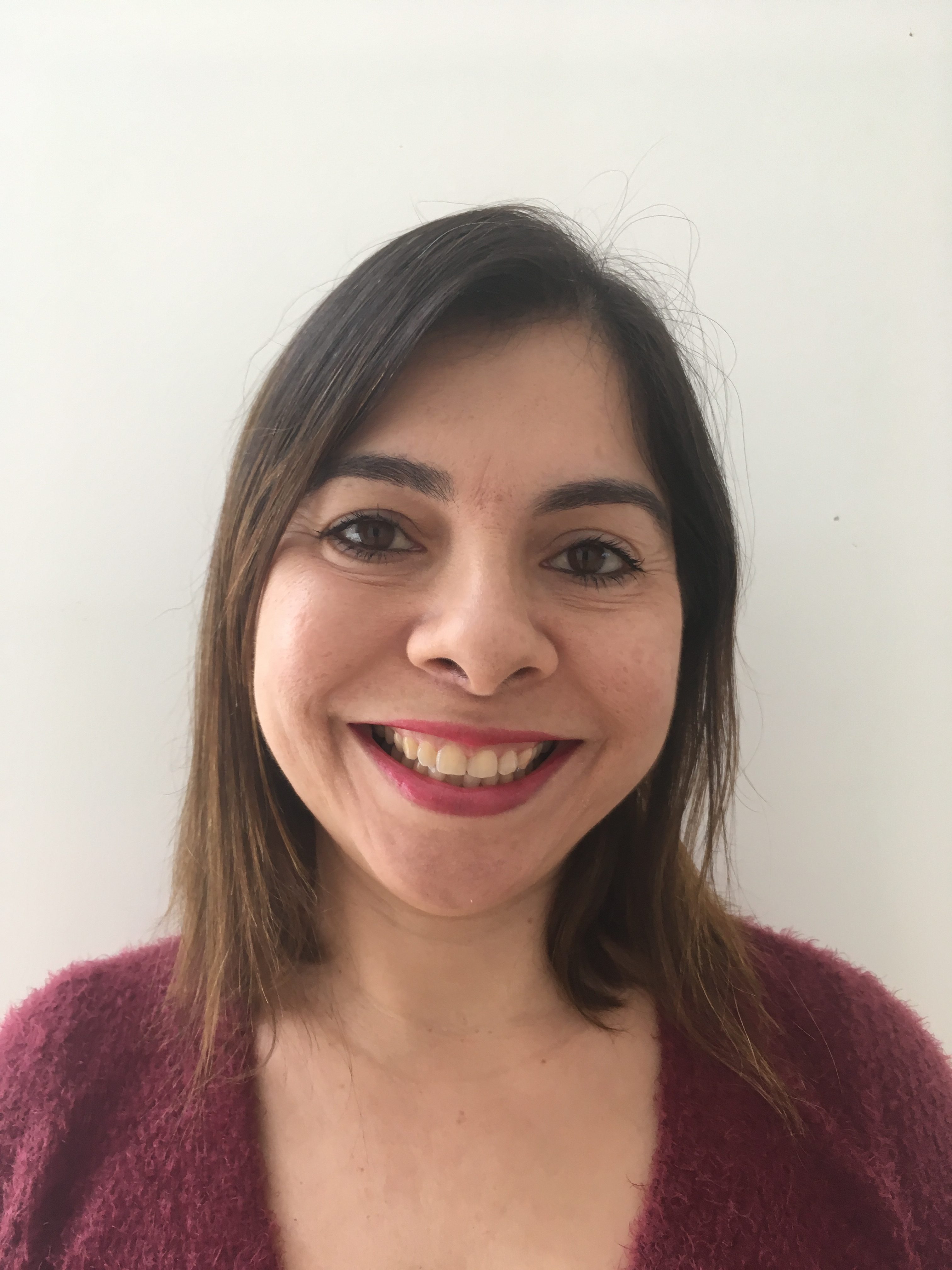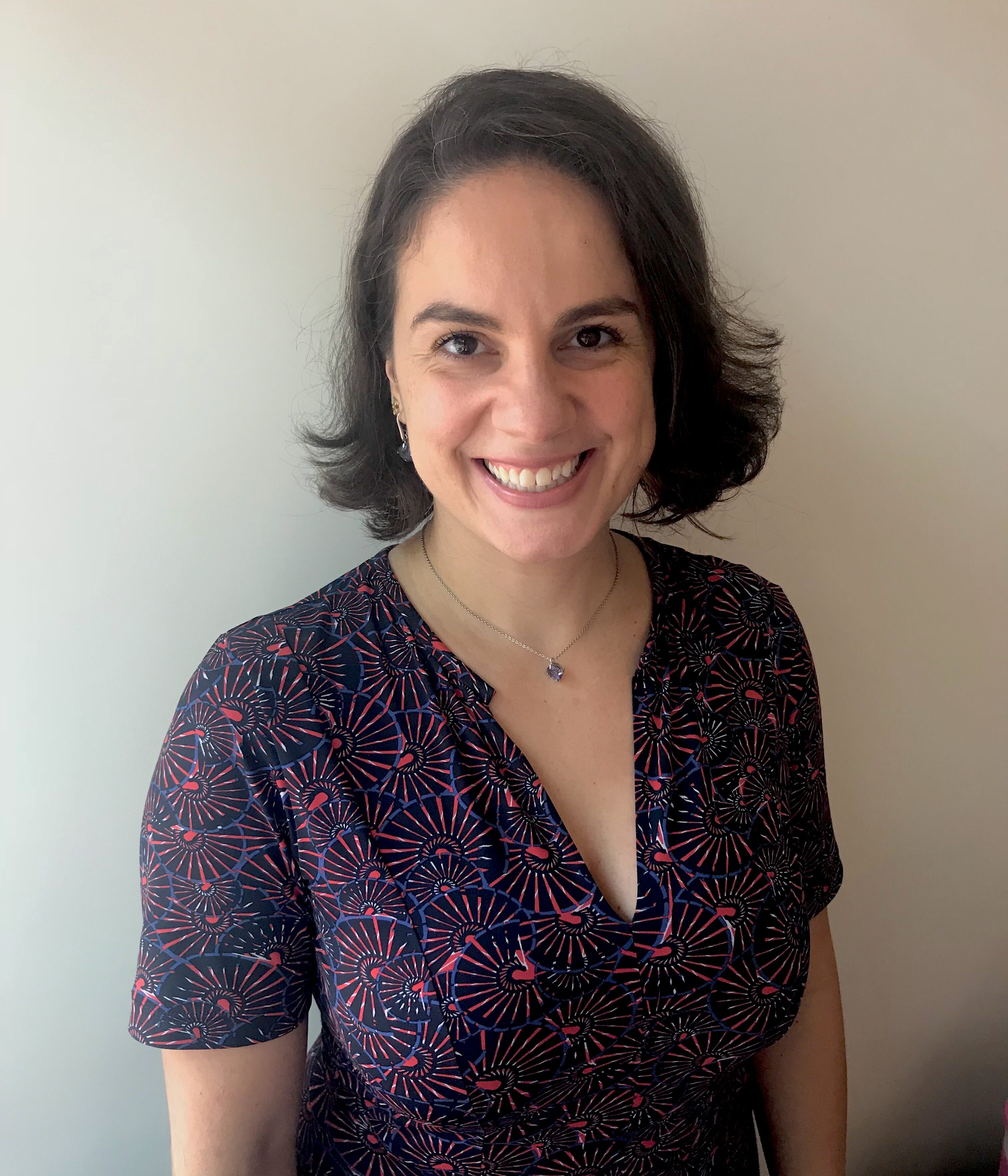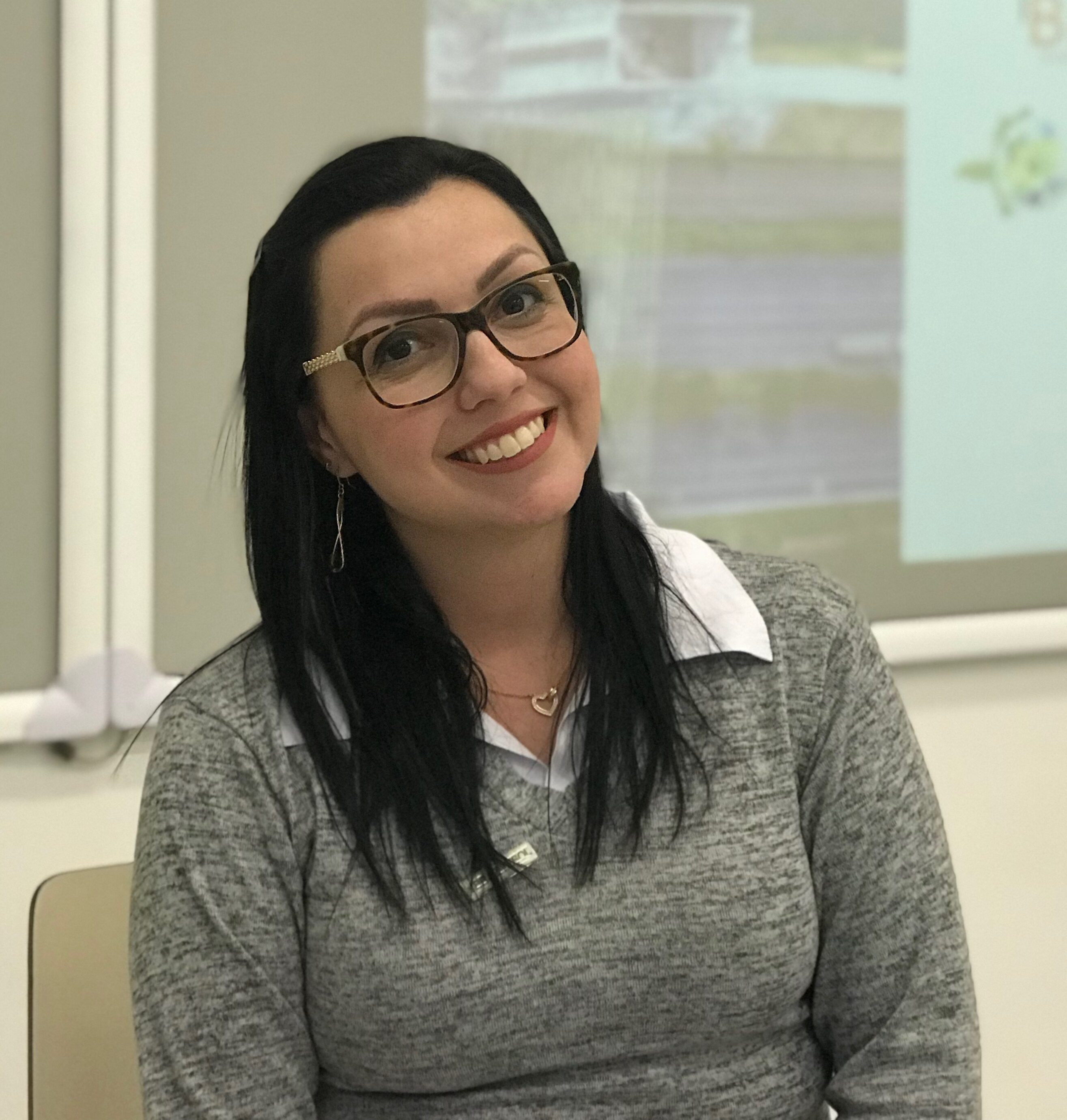Three things I learnt from writing books for the public sector
Back in 2011 I was invited to write the general introduction to a series of books for PNLD (Programa Nacional do Livro Didático), a Brazilian government programme that, as most of you may know, distributes books for public schools. It was a detailed introduction, which had to thoroughly explain the concept behind the book and how the authors beliefs about foreign language learning were represented in the series. At that time, I was not aware that writing this introduction would change my views about language learning forever.
In 2014 I was invited to work on a similar project, this time as an author of both Student’s and Teacher’s books. My experience as a teacher in language institutes was important – vital I would say. But it was my experience working as a teacher in a public school and interacting with public sector teachers all over Brazil that really made all the difference. This was because things we tend to see as givens in language courses, such as pair and group work, are not so easily implemented when it comes to a heterogeneous class of 35 students, some of whom might be convinced they cannot learn English in a regular school or who have teachers who feel totally impotent to help them do so.
I could focus on the challenges that teaching under these circumstances pose, but today I will concentrate on what the experience of writing for this specific audience meant to me professionally and personally.
First of all, I had to learn not to underestimate what can be done in the English class. I had to devise activities based on my own perspective and on the things I had learnt with teachers who very often worked under much less privileged conditions than mine. In my case, there were students who had the Cambridge Proficiency certificate and who were preparing for external exams, students who had lived in English-speaking countries, students who could get by when it came to grammar and vocabulary and students who had never had English lessons before. If you have worked in a regular school, whether private or public, you may know that very often, when the school needs time for extra activities, it is the English, Arts or Physical Education classes that are sacrificed. So, when it comes to writing, how do you decide on the level of activities you propose? You cannot assume students have a lot of background knowledge, and you cannot make the level so low that students end up being under-challenged. Underestimating students is a big mistake and just perpetuates differences. Books have to be challenging and also have to support teachers in dealing with these challenges, which is an arduous task.
Secondly, I learnt that throughout the years we acquire a vast repertoire of ideas that we might not even be aware of. When writing Student’s Books and Teacher’s books you need to reinvent activities, approach the same old topics in different and hopefully more appealing ways, whilst thinking of alternatives, many alternatives. For example, things that might be taken for granted such as ‘post your work on the school website or class blog’ or ‘say the name of the last film you saw in the cinema’ might not appeal to students who have no or limited internet access and who have never been to the cinema. So, you have to be resourceful and avoid taking for granted that every student has a mobile phone, buys trainers or travels frequently, let alone travels abroad. Also, you must be prepared to justify your principles, why you think such-and-such tasks are appropriate, and this is when your beliefs and knowledge about language learning merge.
But the third and definitely most important thing I have learnt is that to write books for the public sector you have to be open-minded. Although some would disagree, I dare say that in terms of representation these books are unparalleled. If you look at EFL course books, you will hardly ever see people wearing glasses, or who are fat, old, disabled, or from non-traditional families or indigenous tribes, to name but a few. Being inclusive is a real challenge. For instance, type ‘fat boy’ in an image bank and you will find all kinds of stereotypes. In books for the public sector you have to be aware of your preconceived ideas and make sure you acknowledge them, so that you can do your best to choose images and bring to life topics that are truly relevant for students with completely different backgrounds, life experiences and expectations.
I like to think that writing for the public sector has made me a better person and has helped me think more critically about the injustices of our educational system. More than ever before I believe no great country can exist if we do not include, represent and respect diversity. I will be eternally grateful to those who gave me this opportunity and to the teachers and students who helped me see English teaching in a totally different and much more inclusive light.





